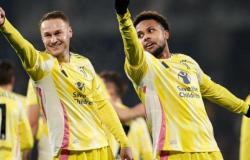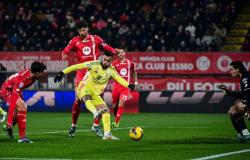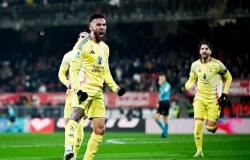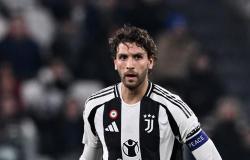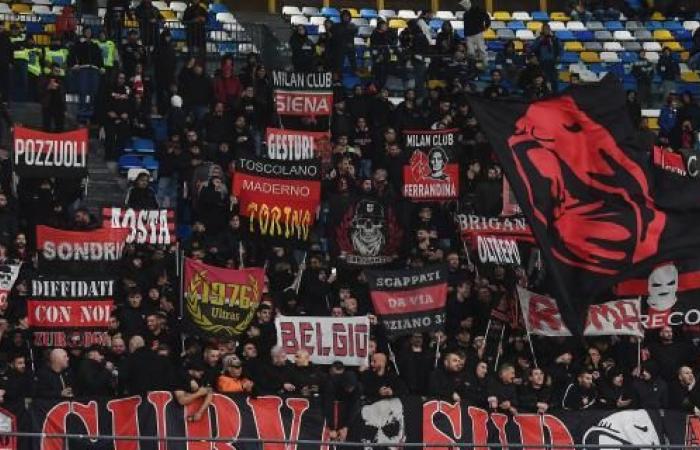
Stefano CocirioChief Financial Officer del Milanspoke about the project Gerry Cardinale for the Rossoneri club in the document presented by the Harvard Business School, starting with Yonghong Li: “We lent them 300 million euros in April 2017. Li Yonghong brought his management team to the club and spent almost 200 million euros on players in a summer. There were high expectations, but the team failed to give their all. And the owners ran out of money in the middle of the year. They called us again, asking for a short-term loan for to be able to pay people's salaries, which we agreed to. A few months later, it became clear that they could not fulfill their obligations on our original loan. In July 2018, Giorgio and I parachuted into Milan on behalf of Elliott and we spent some time here to evaluate the situation from the inside. It is fair to say that it was much worse than we imagined. The club was losing 10 to 15 million euros a month.”
Milan then moved on to Elliot.
“We looked at two paths. One was to sell the business immediately. And the other was to stay for two, three, four or five years, depending on how long it would take to get the business going again. Path number one was difficult to run: because the business was in very poor condition, potential buyers were not willing to pay a reasonable price. So that left the team we inherited had 32 players, which is at least seven more than necessary. Their average age was relatively high and many had contracts So we knew we had to restructure the squad, focusing on younger players with relatively high resale potential. Older, more experienced players are a liability.
What is your role and that of Furlani?
“Usually candidates for these roles have spent their whole lives in football, but when it comes to contract negotiations, or financial decisions, or managing business operations, I don't see why more qualified people shouldn't be taken for these jobs. Giorgio and I'm new to the roles we play, but with the mindset we learned at Elliott and now at RedBird, we think we can be more innovative and effective than our peers.”
What is it like working with Cardinale?
“Gerry constantly challenges us. He asks questions. Why are we doing this instead of doing that? Is there a different way to do what we're doing? Can we be more efficient? Can we be more aggressive? He's very detail-oriented.”
What can you tell us about revenues?
“When we arrived, our retail and e-commerce business was managed by a third party, and we only earned a few million euros in licenses a year. We brought the business back in-house, and now we sell 35 million euros of merchandise through our channels. We are the fastest growing sports brand for [il produttore di abbigliamento] Puma. In July we will open our flagship store in Milan. Furthermore, our main sponsor on the shirt brought us 9 million euros per year. Now we are at 30 million. But we have room for growth: some clubs earn up to 80 million euros from shirt sponsorships.”
How is ticket sales going?
“Five years ago, the vast majority of our tickets were sold in brick-and-mortar locations. Fans were queuing, but we had no data on them. We were limited in what we could do, but we found ways to improve corporate hospitality , offer different packages and introduce dynamic prices. And it worked: in 2019 we had stadium revenues of 35 million euros, while this year they will be 80 million. Only 3,000 of the 70,000 seats are premium, but now they represent a quarter of our stadium income.”

